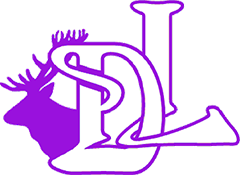Special Educational Needs & Disabilities (SEND)

Special Needs Co-ordinator (SENDCo): Miss Anna Shicluna
Please contact us through the School Office.
At Ditton Lodge Primary School, we are committed to the equal inclusion of all pupils in all areas of school life. We recognise the diverse and individual needs of all of our pupils and take into account the additional support required by those children with Special Educational Needs and Disabilities (SEND). We ensure that all pupils, regardless of their specific needs make the best possible progress.
Inclusion promotes equal opportunities for all pupils, whatever their age, gender, ethnicity, attainment and background. It pays particular attention to the provision made for, and the achievement of, different groups of pupils within a school. At Ditton Lodge we strive to ensure the needs of all children are central to all that we do.
There are four broad areas of SEND:
- Communication and Interaction
This area of need includes children with Autism Spectrum Condition and those with Speech, Language and Communication Needs. - Cognition and Learning
This includes children with Specific Learning Difficulties, Moderate Learning Difficulties, Severe Learning Difficulties and Profound and Multiple Learning Difficulties. - Social, Emotional and Mental Health Difficulties
This includes any pupils who have an emotional, social or mental health need that is impacting on their ability to learn. - Sensory and/or Physical Difficulties
This area includes children with hearing impairment, visual impairment, multi-sensory impairment and physical difficulties.
Our SEND Information Report and Trust SEND Policy can be viewed from the resources section on this page.
Our offer of SEND support is in line with the Local Offer from Cambridgeshire County Council which can be found by clicking here.
